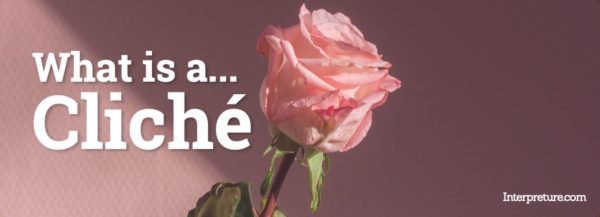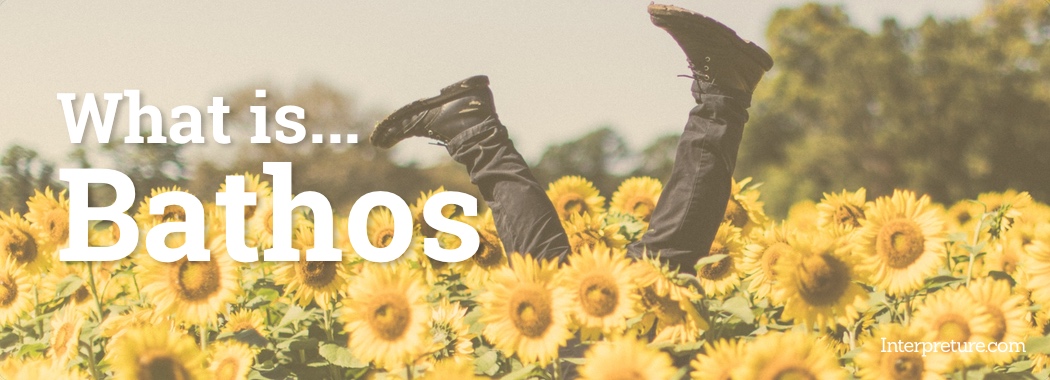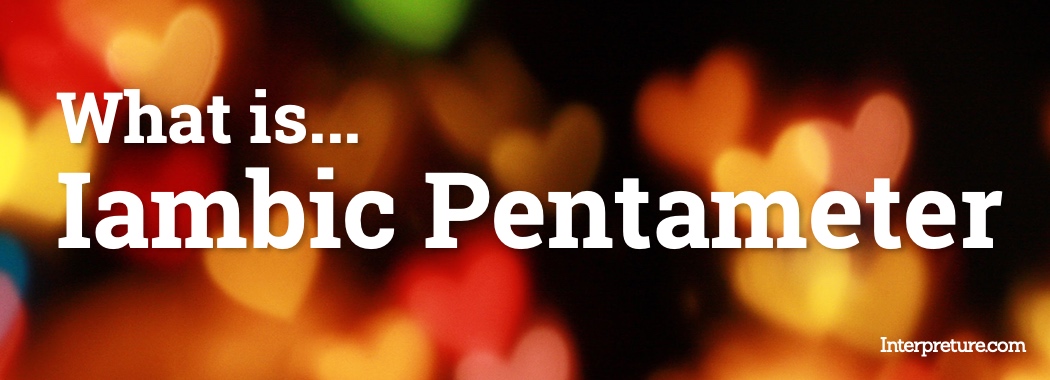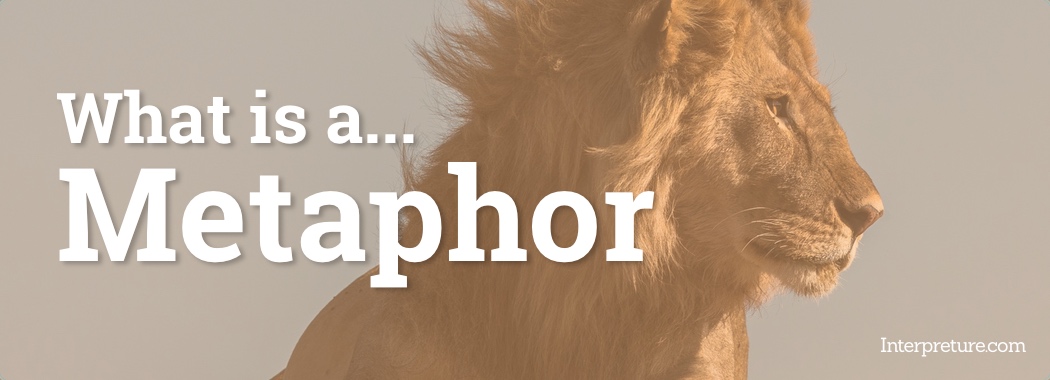A cliché is a normal, everyday phrase or expression which has become overused, so much so that the original meaning or effect has been lost. As such, words and phrases that we see as clichéd today would not have been when they were first developed.
The French poet Gerard de Nerval once said, “The first man who compared woman to a rose was a poet, the second, an imbecile.”
Why use a Cliché?
Clichés are important because they highlight thoughts and ideas that are well-known and in common use in society. Normally they are used infrequently and for a specific reason, but they could also be used repeatedly for comedic effect. Many clichés will often be an abstract idea that as such relies upon further description to achieve its full effect.
- Defining Characters: Clichés may be used to help define a character to a reader or audience. This can often be successful if the character is taking on a ‘classic’ role such as a villain, or if there is not sufficient opportunity to explore the character more deeply.
- Surprise and Excite: Because clichés are well-known, writers can find ways to set up situations using this technique, but then create a sudden change or surprising outcome. As the reader could well be anticipating a different outcome, this abrupt change would potentially be surprising and exciting.
- Parody and Comedy: Parody can make fun of its subject by revealing and playing with a commonly associated cliché, or potentially over-using them so as to make something more comedic.
Examples of Clichés
Many clichés originate from classic works created between medieval and Victorian times. For example, Shakespeare’s ‘The Taming of the Shrew’ has the following phrase, which has since become very common in the English language:
“Break the ice”
Tim Turnbull in ‘Ode on a Grayson Perry Urn’ (Poems of the Decade) uses a manipulated cliché to help surprise readers and also communicate key ideas from his poem. The normal cliché is “Beauty is in the eye of the beholder” to describe something that may be beautiful to one person but not to another. However, the “eye” has been swapped to “gift” for the ending of this poem, perhaps considering how the act of ‘gifting’ and leaving something for someone else can be ‘beautiful’.
“Beauty in the gift of the beholder”
There are also a range of clichés in common use in everyday language, such as:
“The world’s my oyster”
“The customer is always right”
“You can’t judge a book by its cover”




